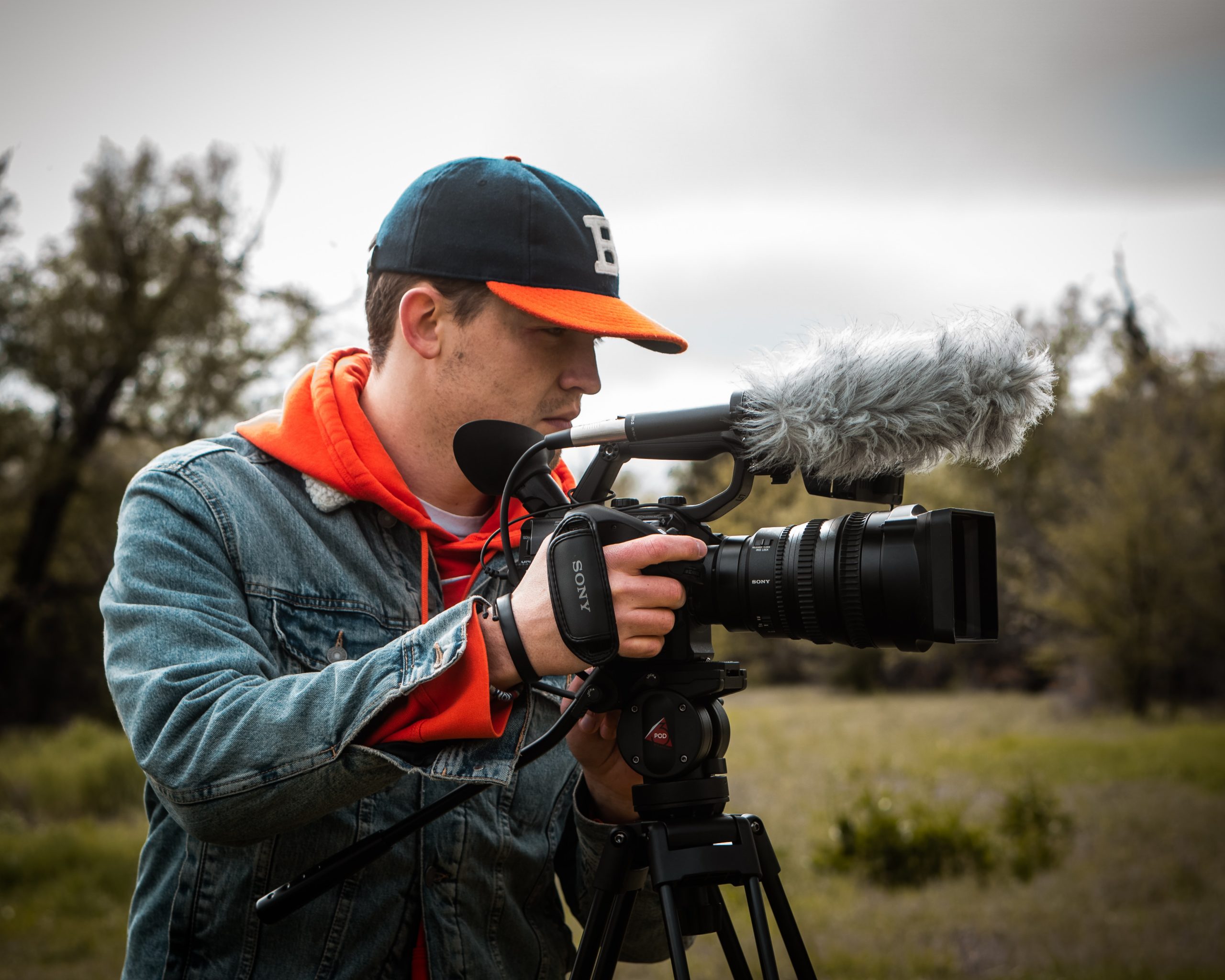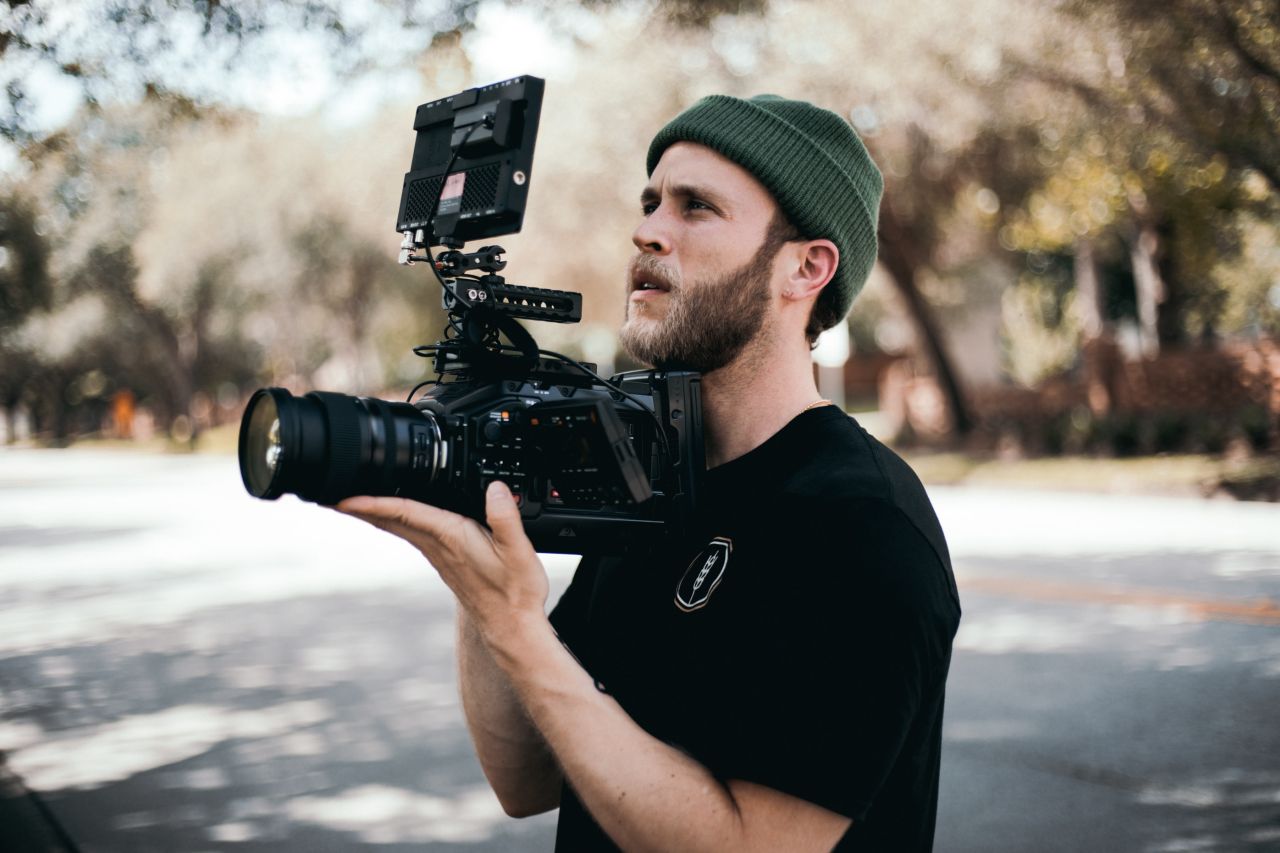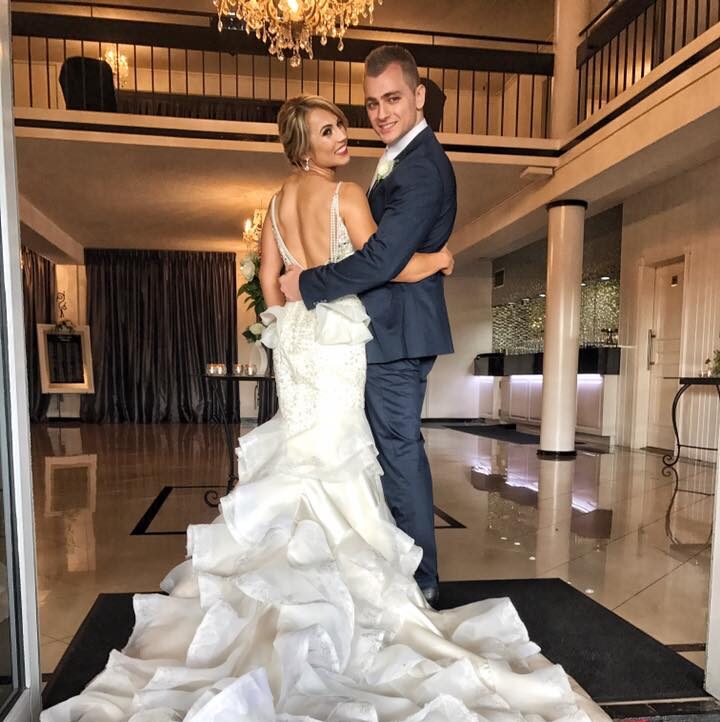When I got married, I quickly realised just how much a wedding videographer could bring to the table. While photos are important, they don’t capture everything—the laughter, the sounds, the little moments you miss in the rush of the day. A skilled videographer doesn’t just film your wedding; they tell a story. In this guide, I’ll share everything I’ve learned about what a wedding videographer does, from the gear they use to how they collaborate with photographers. I’ll also give you tips on choosing the right wedding videography services for your big day. Let’s dive in!
The Role of a Wedding Videographer: Capturing Your Day Beyond the Lens
What is a Wedding Videographer?
When you first start planning your wedding, hiring a wedding videographer may not immediately feel like a necessity. After all, you’ve already got a photographer, right? Well, I can tell you from my experience—both as a former groom and as someone deeply embedded in the wedding industry—that having a videographer is something you’ll never regret.
A wedding videographer is a professional who specialises in capturing video footage of your special day. Unlike still photography, which freezes moments in time, video captures the entire atmosphere, allowing you to relive not just the visual details of your day, but the sounds, movements, and emotions. You’ll hear your vows, the laughter of guests, and even the soft background music that fills the room.
For example, when I got married, I opted for a videographer and quickly realised how much I’d missed during the day. I was so caught up in the moment that I missed seeing my parents’ proud reactions as I walked down the aisle. Thankfully, my videographer caught that moment on film. That’s the kind of irreplaceable memory a videographer can give you.
Why You Need a Professional Wedding Videographer
Now, you might be wondering: why should I invest in a professional wedding videographer when I already have a photographer? Here’s the thing—videos capture the essence of the day in a way that photos can’t. While photos are beautiful and serve as lasting memories, a wedding video gives you the opportunity to feel your wedding day again: the sounds of your vows, the laughter, and the unexpected moments you might have missed while rushing from one part of the celebration to another.
A professional videographer will use top-tier equipment and have the skills to create a video that feels cinematic, emotional, and personal. They’ll carefully plan and coordinate to ensure they don’t interrupt other important moments, like when the photographer is capturing your portraits, and ensure you get the best shots during the ceremony, reception, and those special candid moments.
I’ve worked with couples who’ve told me they didn’t realise how much they missed during their wedding until they watched the video. Moments like parents and siblings interacting, guests laughing, or even a brief shared look between the bride and groom are things a professional videographer will catch and preserve.
How Wedding Videographers Bring Your Big Day to Life: A Step-by-Step Breakdown
Pre-Wedding Preparations: Behind-the-Scenes Planning
Before the wedding day even arrives, a wedding videographer’s work starts. Planning and preparation are key, and this is where the videographer gets to understand the couple’s vision. Most videographers will schedule a meeting with the couple beforehand to discuss what they’re looking for in their wedding film.
I remember when I worked with a couple who wanted something unique. They asked for a cinematic feel with romantic music and sweeping aerial shots of the ceremony. Knowing this, I was able to plan accordingly and even coordinated with their photographer to ensure we both got the angles we needed without stepping on each other’s toes. That early meeting made the whole process smoother.
Wedding Day Filming: Capturing the Key Moments
On the wedding day, a professional videographer arrives early to ensure everything is set up and ready. They’re not just capturing the major events, like the ceremony and reception, but also the smaller, quieter moments that make the day memorable.
For example, during a recent wedding I filmed at a vineyard in the Yarra Valley, I was able to capture the bride’s nervous excitement as she was getting ready, the groom’s anxious anticipation while he waited at the altar, and the reaction shots of both families during key moments. These are the moments that make your wedding video more than just a document of events—it becomes an emotional keepsake.
The videographer’s role extends beyond just filming the ceremony. They’ll capture reactions, the vows, the first kiss, and even the candid moments between guests as they mingle. One of the most moving moments I captured was the emotional first dance between the newlyweds at a Melbourne wedding—this moment wasn’t just about the couple dancing; it was about the emotion and connection they shared in that instant.
Post-Wedding Process: Editing and Delivery
The work doesn’t stop after the wedding day; editing the footage is where the videographer truly turns the raw footage into a polished, cinematic experience. This process takes time. Editing a wedding film is not a quick task, as it requires careful selection of the best shots, colour correction, sound adjustments, and potentially adding music or voiceovers.
I remember spending weeks editing my own wedding video—carefully choosing the right background music, balancing the audio levels, and creating the final film that reflected our vision. The result was a timeless video we could relive anytime.
A good videographer will also deliver the video in a format that’s easy to share with loved ones. Whether it’s through a USB drive or an online link, your video will be ready for you to share with friends and family, enabling them to experience the day just like you did.
Essential Equipment for Wedding Videographers: What You Can Expect
Cameras and Lenses: How Videographers Get the Perfect Shots
A wedding videographer uses specialised equipment to ensure that the footage is of the highest quality. I often get asked about the gear I use, and it’s important to note that cameras and lenses are chosen specifically for the type of footage you want to capture.
For example, I generally use two cameras for filming: one on a tripod for stable wide shots and another handheld for those dynamic, up-close moments. Using two cameras helps ensure that no special moment is missed. During a wedding I filmed at a Melbourne city venue, I had the first camera focused on the ceremony, while the second camera captured the guests’ reactions, which gave the video a much richer, more immersive feel.
As for lenses, I rely on a wide-angle lens for capturing the venue and guests and a prime lens for close-ups, such as when the couple exchanges their vows. This combination allows me to capture both the grandeur of the venue and the intimacy of the personal moments.
Lighting and Audio: The Key to High-Quality Wedding Videos
When it comes to creating a wedding video, lighting and audio are crucial to ensuring everything looks and sounds amazing. I’ve been on both ends—filming in sunny outdoor venues and in dimly lit reception halls—and it’s safe to say that lighting is often a deciding factor in the quality of the footage.
For low-light situations, I always carry external lights to ensure the couple and the venue are well-lit, especially during indoor ceremonies and evening receptions. Additionally, audio is just as important. A wireless lav microphone allows me to capture clear sound during vows and speeches, even in noisy environments. One wedding I filmed at a large reception venue in Melbourne had a noisy bar area, but thanks to the microphones, I was able to deliver crisp audio that complemented the beautiful visuals.
Working with Photographers: Tips for Smooth Collaboration
The Videographer-Photographer Dynamic: Ensuring Seamless Coverage
One of the most important aspects of a wedding videographer’s job is ensuring seamless collaboration with the photographer. The two of us are there for the same reason: to capture and preserve the moments of your big day. But working as a team requires planning, coordination, and communication to ensure that we don’t get in each other’s way.
For example, at a wedding I filmed in the Yarra Valley, I coordinated with the photographer about our approach to the portrait session. I went first to capture the couple’s walk through the vineyard, while the photographer took shots in the background. This allowed both of us to do our jobs without interrupting each other and ensured that both the photos and video were dynamic and fresh.
Collaboration Strategies for Best Results
As a wedding videographer, I always recommend having a pre-wedding meeting with your photographer to establish a clear plan. Discuss the timeline, the key moments to capture, and how you’ll share space during critical moments like the first look or the ceremony.
In one wedding I filmed at a beachside venue in Melbourne, we agreed that I would handle wide shots during the ceremony while the photographer focused on capturing close-ups. We also took turns during the couple’s portraits, which allowed both of us to get unique shots without feeling rushed. The end result? The couple had stunning photos and a beautifully crafted wedding film that complemented each other.
Choosing the Right Videographer for Your Wedding Day
Reviews and Recommendations: Finding the Right Fit
When it comes to hiring the right wedding videographer, reviews and recommendations play a huge role. You want someone who not only understands your vision but also has the experience to execute it. This is especially important when it comes to larger weddings or destination events, where additional logistics and challenges are involved.
A great way to gauge a videographer’s ability is by checking their portfolio and reviews. I always tell my couples to look for videos that match the style they want. For instance, if you’re looking for a cinematic wedding video, make sure the videographer’s portfolio reflects that style.
For instance, one couple I worked with chose me after seeing my work at a wedding in Melbourne’s Docklands. They loved the way I captured the couple’s energy and personality through both the shots and the music. They felt that my style matched their own vision, and it ended up being a great fit.
Wedding Videographer Rates: What to Expect and How to Budget
When it comes to wedding videography rates, you’ll find a wide range depending on the package, experience, and additional services offered. Generally, you’ll find that prices range from $2,000 to $5,000, with more complex packages involving drone footage or same-day edits costing more.
I always tell couples to think of wedding videography as an investment. A professional videographer captures moments that no one else will, and that’s something you’ll appreciate for years to come. At the same time, be transparent about your budget. It’s better to book a videographer you trust with a package that fits your needs than to go over budget on extra features you don’t need.
For example, I filmed a wedding in Melbourne’s Royal Botanic Gardens where the couple opted for a highlight reel and a full-length film, which was the perfect combination. The highlight reel was ready within a week, giving the couple something to share with their guests, while the full-length film took a few weeks to finish, capturing all the detailed moments.
Let’s Get Straight to the Point
A wedding videographer captures your big day in motion—from vows and speeches to candid laughter and teary hugs. They handle planning, filming, editing, and storytelling using professional cameras, audio gear, lighting, and sometimes drones. They work closely with photographers to cover every angle without clashing. Packages vary in style, coverage, and price—typically between $2,000 $5,000 in Melbourne. The right videographer brings emotional depth to your memories, so you can relive not just how it looked, but how it felt. If you want more than still frames, a wedding film is worth every cent.




